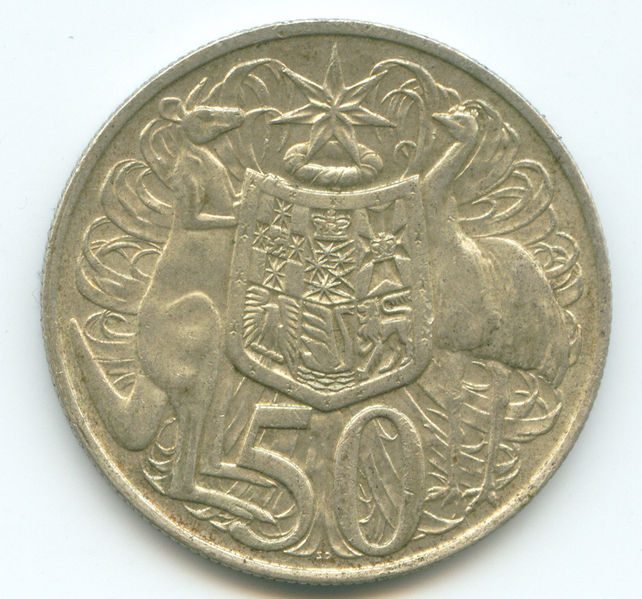- 3-minute read
- 27th September 2016
Word Choice: Cent, Scent or Sent?
Homophones are words with the same pronunciation, but different spellings and/or meanings. The English language contains hundreds of these tricky little blighters, which can be confusing for anyone who speaks English as an additional language.
With ‘cent’, ‘scent’ and ‘sent’, for example, we have three words that sound identical when spoken and which are close enough in spelling that it’s easy to mix them up. Yet these terms differ in meaning, so you need to use them correctly if you want your work to make sense.
Cent (Money!)
If you’ve ever used money in Australia (or various other countries around the world), you should know that a ‘cent’ is a hundredth of a dollar. ‘Cent’ could be used in a sentence like the following:
I’ve only got 23 cents in my account, so I can’t afford to go out.
It’s easy to remember this spelling, since ‘cent’ also appears in other words related to the number one hundred, like ‘century’ (a hundred years) or ‘percent’ (one part in a hundred).

Scent (A Smell)
‘Scent’ is primarily a noun meaning ‘smell’ or ‘odour’. It usually refers to an agreeable smell, like a perfume:
The scent of roses filled the room as he spilled the bottle across the table.
A second meaning of ‘scent’ is the odour trail left by a passing person or animal:
She’d escaped for now, but the dogs would catch her scent soon.
Used as a verb, ‘scent’ typically means ‘sense by smell’, but is also occasionally used metaphorically to mean ‘recognise intuitively’ (e.g. ‘he scented trouble in the room immediately’).

Sent (Past Tense of Send)
Finally, ‘sent’ is the past tense of send. We therefore use it when describing having dispatched something to someone:
After finding the address, Derek sent the manuscript to the publisher.
Find this useful?
Subscribe to our newsletter and get writing tips from our editors straight to your inbox.
Subscribe to Beyond the Margins and get your monthly fix of editorial strategy, workflow tips, and real-world examples from content leaders.
‘Sent’ can also apply to a person who has been told to go somewhere:
It’s lunchtime soon, so I sent the intern to pick up sandwiches.
Or to transmitting an electronic message or signal:
The stranded crew sent out an SOS and waited for a response.
In every case, however, ‘sent’ is always used in the simple past tense or as a past participle.

Cent, Scent or Sent?
As mentioned above, it’s easier to remember that a ‘cent’ is a hundredth of a dollar if you also keep in mind that a ‘century’ is a hundred years. Similarly, ‘sent’ is close enough to ‘send’ that you should be able to make a connection between the two words.
That just leaves ‘scent’, which means ‘smell’. Even if you struggle with this, you can avoid using ‘scent’ incorrectly by recalling what the other terms here mean! Remember:
Cent = A penny (1/100th of a dollar)
Scent = A smell or perfume
Sent = Past tense of ‘send’